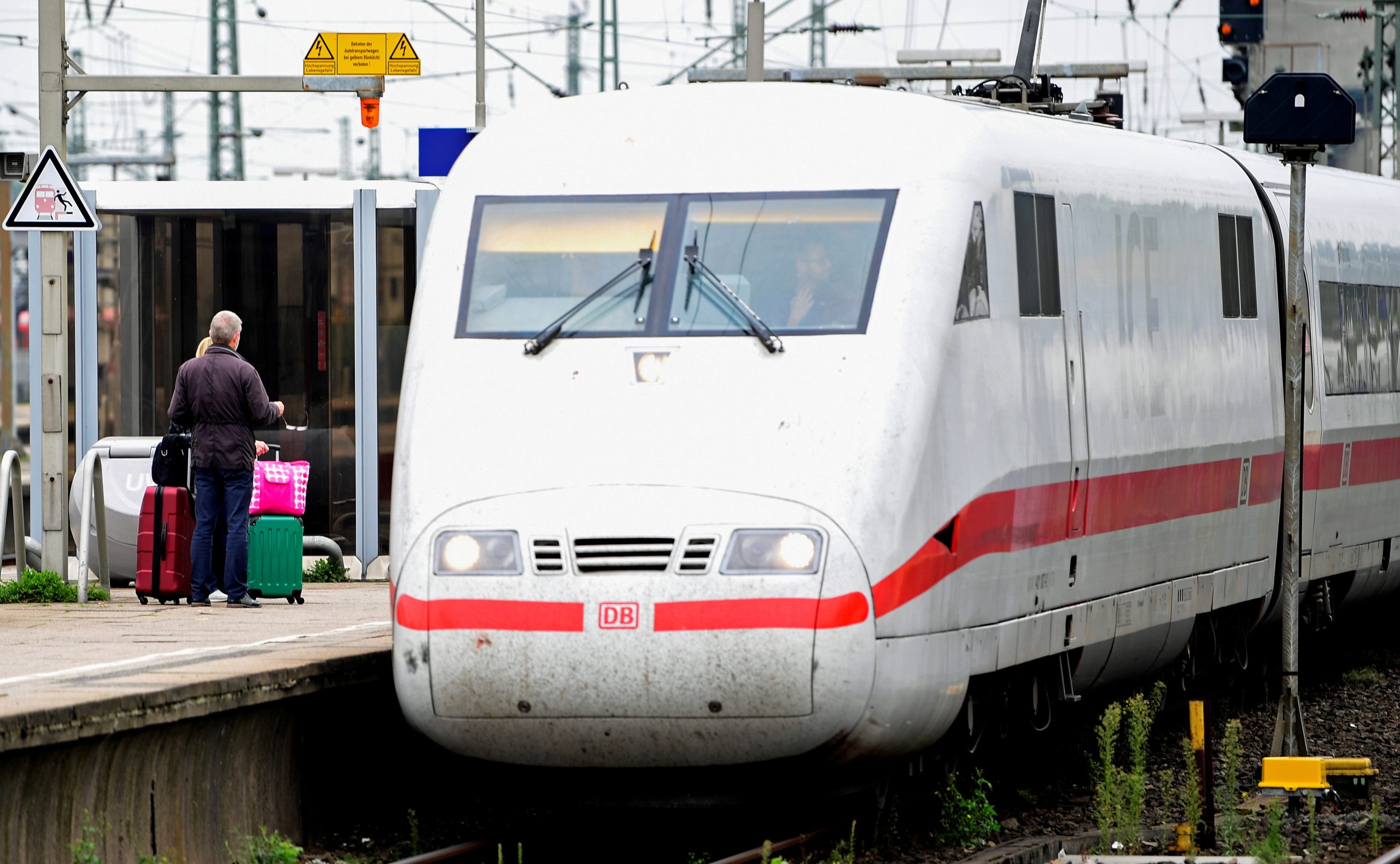
Willie R. Tubbs, FISM News
[elfsight_social_share_buttons id=”1″]
Saboteurs with motives as yet unknown were responsible for shutting down rail service in Northern Germany, rail operator Deutsche Bahn announced Saturday.
As reported by German news site DW, Deutsche Bahn was forced to halt service for about three hours while repairs were made to two locations where cables had been cut.
“Sabotage to cables that were vital for train traffic meant Deutsche Bahn had to stop trains running in the north this morning for nearly three hours,” Deutsche Bahn said in a statement.
Communications cables were cut outside Berlin as well as in the western state of North Rhine-Westphalia.
The incident, which is still being investigated by German authorities, comes on the heels of NATO and the EU warning that all member nations needed to take meaningful steps to protect vital infrastructure. The German rail system is among the more important elements of European infrastructure.
Theories have abound as to who is behind the act and what their motivations might be, but virtually everyone in authority agrees it was no accident.
“It is clear that this was a targeted and malicious action,” Transport Minister Volker Wissing said during a news conference.
Similarly, German Interior Minister Nancy Faeser said it was reasonable “to assume intentional acts” led to the cutting of the cables.
Reuters reported that the coalition government headed by Olaf Scholz was treating the act as tantamount to an act of terrorism.
Omid Nouripour, who Reuters quoted as promising a “decisive response” to anyone who attacked the nation’s critical infrastructure, also tweeted that his country “would not be intimidated.”
While the crime could have been as sinister as a targeted attack against German infrastructure, Reuters also reports that thieves might have stolen the cables, a crime that does not likely resonate with an American audience but one that is more frequent in Germany.
According to Reuters, the sabotage was first discovered at about 6 a.m. local time. Services to Hamburg, Schleswig-Holstein and Lower Saxony were all impacted, as was some travel into neighboring countries.
